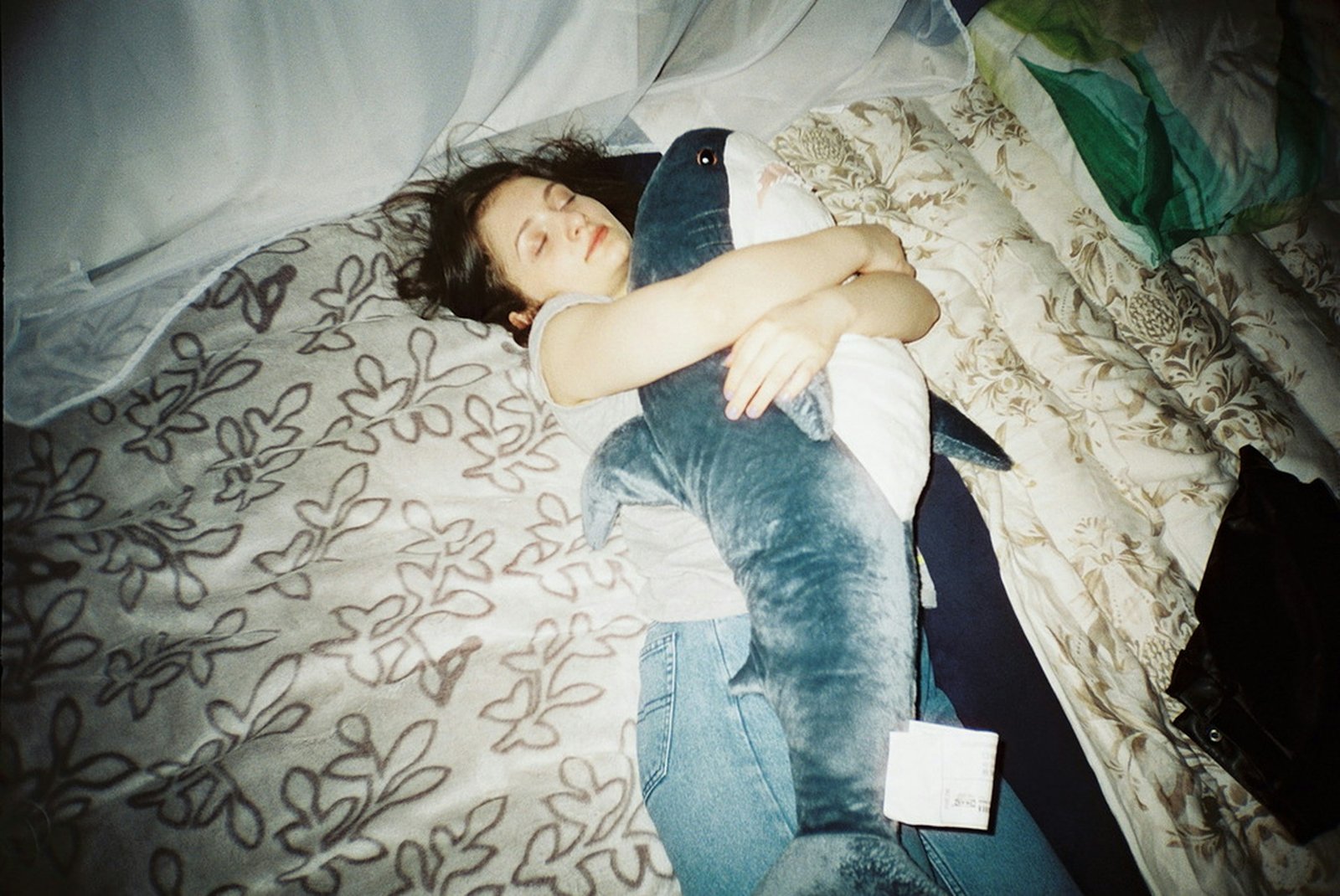Halloween has a certain energy that teenagers tend to love. There’s freedom in costumes, excitement in staying up late, and permission to enjoy lots of sweets. But for teens living with bipolar disorder, these changes can throw off routines that usually help keep things steady. In places like Portland, where October nights grow darker and cooler, families often begin to notice how these seasonal shifts can hit harder. Noise, sugar, and social demands don’t always mix well with the need for balance. That’s where conversations around routines, planning ahead, and sometimes finding bipolar support counseling in Portland come into play. There are ways to keep the fun alive while still protecting sleep, mood, and emotional health.
Understanding Bipolar Disorder in Teens
Bipolar disorder in teens doesn’t look the same for everyone. Some drift between high-energy phases and long, quiet lows. One week, they might seem full of ideas and hardly sleep. The next, they may stay in bed and lose interest in things they used to enjoy. These mood cycles can feel unpredictable, and changes to basic routines can add extra pressure.
Sleep plays a big part in this. Regular sleep habits often help make emotional ups and downs more manageable. When sleep is off, emotions tend to feel sharper and more out of reach. Teens already face a lot of daily stimulation, and during special events like Halloween, that turns up even more. The mix can feel overwhelming, especially when they don’t have the tools or words to explain what’s changing inside.
For teens dealing with bipolar disorder, overstimulating moments may not settle down once the event ends. The effects can stretch into following days if we don’t handle the triggers gently. That’s why understanding these shifts and preparing for them ahead of time matters.
How Halloween Disrupts Sleep for Teenagers
On a regular night, many teens already find it hard to wind down. Add in flashing lights, loud crowds, group plans, and candy by the handful, and sleep can get pushed way down the list. Halloween often means staying up late walking around neighborhoods or hanging out with friends. That might seem harmless, but losing sleep even once can throw off the rhythm that helps regulate energy and mood.
Screens also become a big part of the night. Between social media posts, group chats, and scary movies, many teens use phones and tablets well past bedtime. The brightness and stimulation from screens make it harder to fall asleep when the time finally comes. And while sugar is a big part of the evening for most, eating candy late into the night can also leave bodies wired when they should be winding down.
There’s another layer too. Teens often want independence and may not feel comfortable with limits, especially during holidays. Still, they may actually need more structure than usual. While they make their plans, it helps when families keep a loose routine in place—like when lights get dimmed, how they’ll check in, or which activities they agree to ahead of time.
Helpful Habits That Can Support Better Sleep
Halloween doesn’t have to be canceled to support better sleep. In fact, with a little care, the fun can stay in full swing while keeping teens steady. It often starts with just one or two adjustments.
– Pick one main Halloween activity and plan around that. Too many scattered events can lead to overwhelm and a long night that pushes bedtime far too late.
– Set a wind-down anchor, like calming music, putting away screens at a set time, or dimming lights before sleep. These steps don’t have to be boring—they can even become part of the fun if done together.
– Talk early about expectations—what’s okay, what helps, and how the family will reconnect when the night ends. This helps avoid surprises that can cause quick mood changes.
These habits aren’t about controlling the night. They’re about holding small pieces in place so it doesn’t all fall apart by morning.
When and How to Ask for Extra Support
Some holidays come and go with only a small ripple. Others leave a strong emotional reaction that spills over into school days, weekends, and routines that worked well before. For teens living with bipolar disorder, family members might start seeing quick mood shifts or trouble sleeping for more than a night or two. There may be irritability that doesn’t pass or sudden silence after a stretch of excitement.
When that happens, it’s not about what went wrong. It’s about realizing the event may have revealed a stress pattern that’s worth untangling. Families sometimes reach out for bipolar support counseling in Portland to look more closely at what happened and why. Having someone help map out patterns can bring relief and more predictability for the next time around.
Teens don’t need to “power through” to later clean up the pieces. They benefit more from a thoughtful plan that takes seasonal shifts seriously, including emotional ones.
Brighter Holidays Ahead: Building Routines That Travel
Supporting a teen with bipolar disorder doesn’t mean skipping the costume parties or saying no to trick-or-treating. It just means noticing what helps them stay grounded and making room for those habits. Over time, these patterns carry from one season to the next. The goal isn’t a perfect evening. It’s a steady one.
Families who pay attention to how sleep, mood, and schedules shift during events like Halloween often find it easier to respond instead of react. That practice builds emotional tools—ones that go well beyond any holiday. When we make space for balance, we give teens something they can take with them into future events and changing seasons. Even when things get exciting, a few steady steps can help them feel more in control.
Holidays can stir up excitement and stress, especially for teens living with mood shifts. At Mindful Mental and Behavioral Health PLLC, we take time to look at what’s changing, what patterns might be emerging, and how small adjustments can help keep things more stable. Our approach to bipolar support counseling in Portland centers on steady routines that leave room for joy without losing balance.




